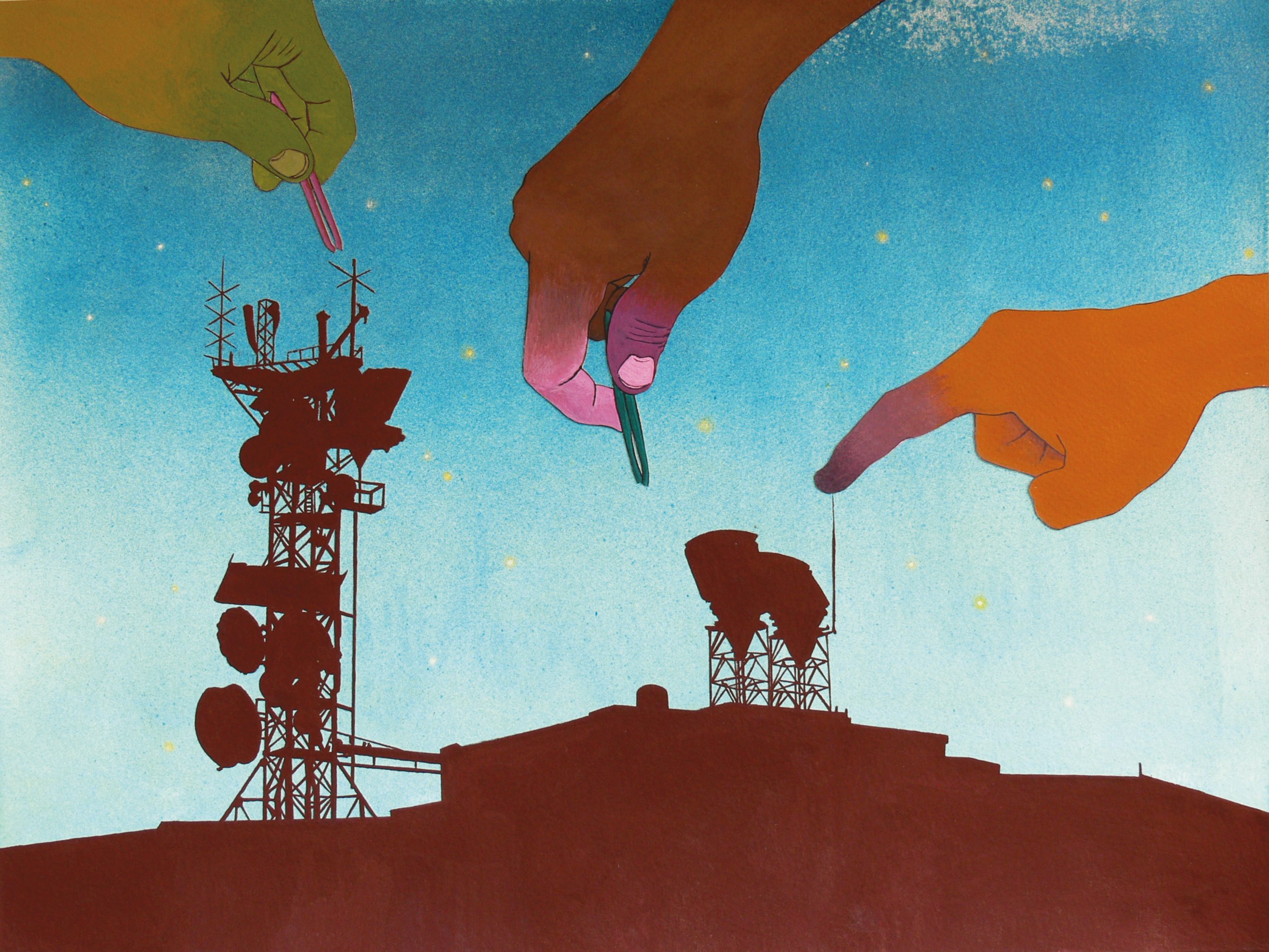TUESDAY, NOVEMBER 13, 2018, 7PM
The Invention of The Ship Was Also The Invention of The Shipwreck
HEAD – Genève, Boulevard Helvétique 9, 1205 Genève, seminar room 27, 2nd floor

As we are experiencing an inevitable change in human’s (mis-)understanding of nature, when everything is in flux because or despite of deep entanglement with culture, space loses its shape to transform into dystopian/utopian place: a space for the impossible where ‘everything is possible’. But what does this mean? Can we identify a set of new queer capacities that might be emerging through the hy-steria of hyper-connectivity and “navigate the turbulence” within the demanding “superterritorial” terrain in which we all live in? By understanding the rules of games under computational governance, the adaption of the fluid perception of time and space – without over-identifying with it – adds more “complexity” in our conversation with “controlling policy makers”, be it people and or machines. In the wake of authoritarian governments being elected on the premise of fake news, we cannot leave the “new brave transworld” to the hands of few who want to turn this world against itself. The presentation for discussion will include perspectives of Souths from South as a State of Mind, which is a bi-annual journal for re-negotiating the southern horizon within the post-crisis world. It constitutes a contribution to CCC Public Seminar in 2018/19 with specific focus on ‘data-behaviorism’ (Antoinette Rouvroy): the question whether the affirmative powers of ‘data-behaviorism’ influence our social lives, manipulate political tendencies, create new paradigms of domination and confront the human with its own impotence is insufficient. Because, we (humans) are in the middle of the muddle. We are the subject of research that we cannot control. How do we cope with the fact that data does not need the human while operating humans’ lives on multiple scales? How can research practices disentangle, disarm and unfold a computational ontology of cognition and science in relation to art-making, ignorant knowledge, and long-term thoughts?